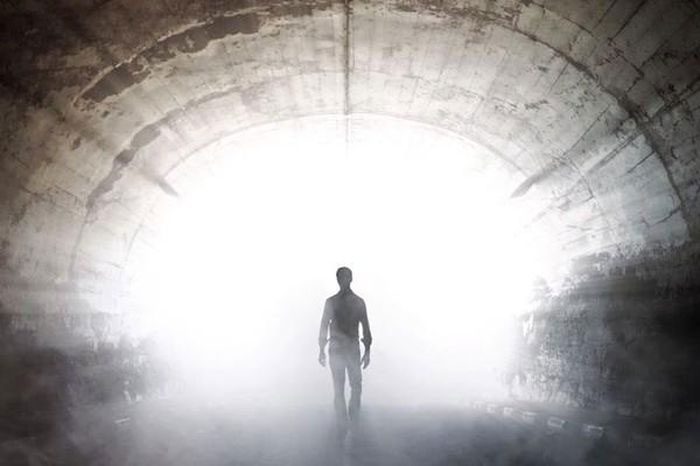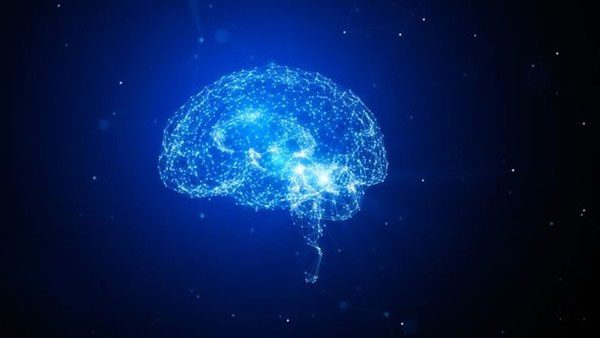Is there life after death? This question has haunted humanity for centuries. </strong What does the scientific community say about this possibility?
Numerous films and literary works have explored the theme of life after death, yet this question has never had a definitive answer. Even the scientific community has conducted extensive research on this topic, but providing a clear conclusion remains challenging.
However, Sean Carroll, a cosmologist and professor of physics at the California Institute of Technology, has asserted after years of research that: Life after death is “impossible.”
According to Carroll, the theory of a “beyond” must be predicated on the premise that human consciousness is entirely separate from the physical body. However, science maintains that consciousness results from atoms and subatomic particles, not from a soul that can exist outside the human body.

According to the laws of physics, there is no possibility of life after death. (Illustration: Getty/EyeEm).
Dr. Carroll explains: “Many people believe that some form of consciousness continues to exist after our bodies are no longer alive. But this theory encounters an insurmountable obstacle. Because there are proven laws of physics in everyday life, and none of these laws allow for the information stored in our brains to continue existing after we die.”
He further analyzes: “Each type of particle has a field in the universe: a field for photons, a field for electrons… But quantum experiments have been conducted, and no “soul” particle has been discovered, indicating that life after death does not exist.”

Information in the brain cannot exist after a person is no longer alive. (Illustration: Getty/iStock).
Of course, Carroll’s assertions are based on scientific laws, but for some, there are matters that science cannot explain. Ultimately, whether certain things exist or not depends on each individual’s beliefs.


















































